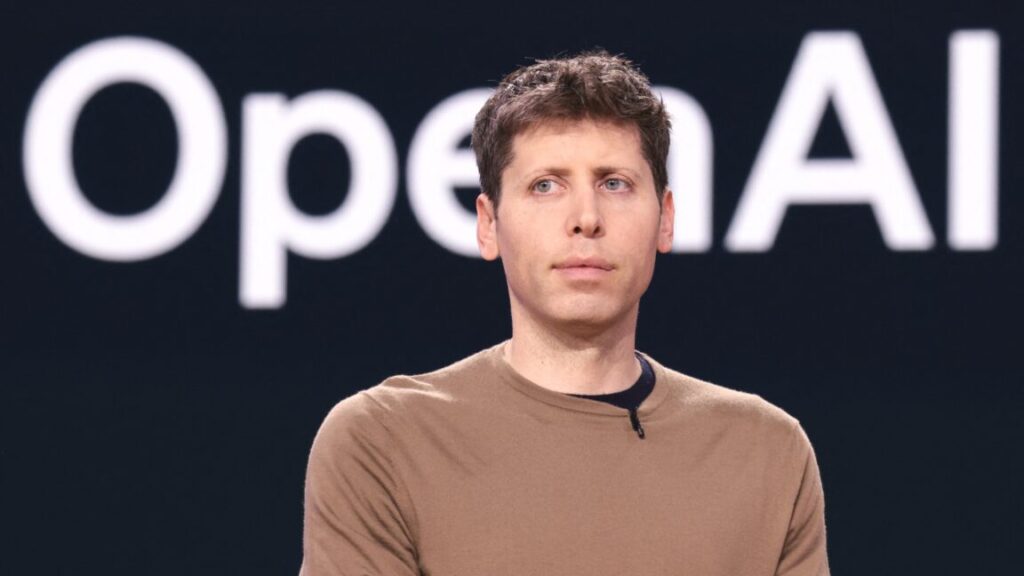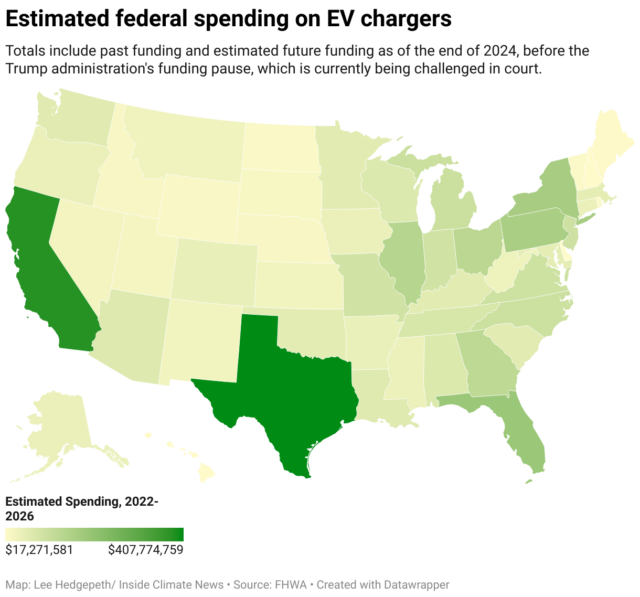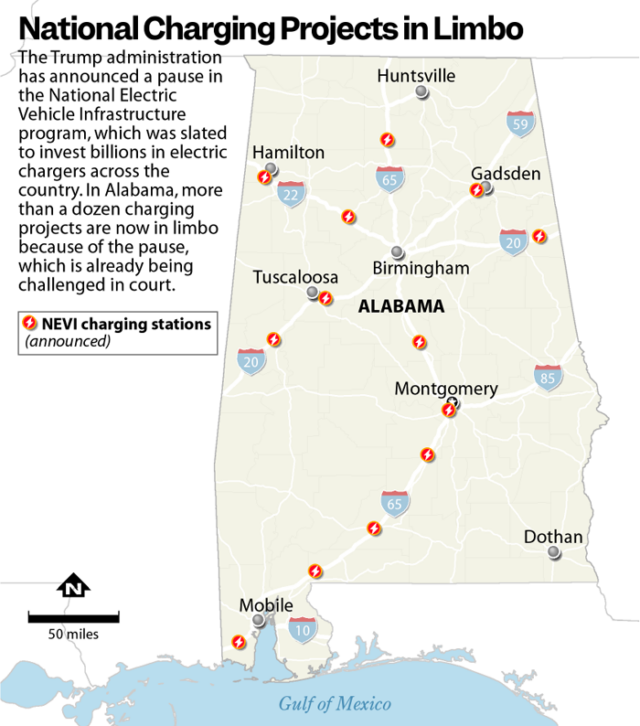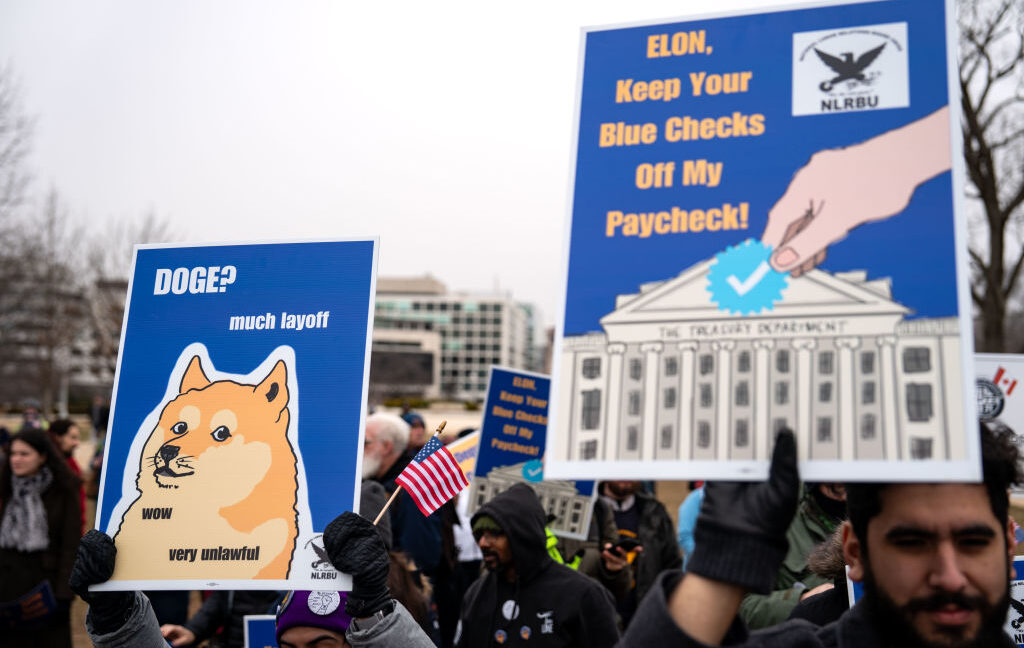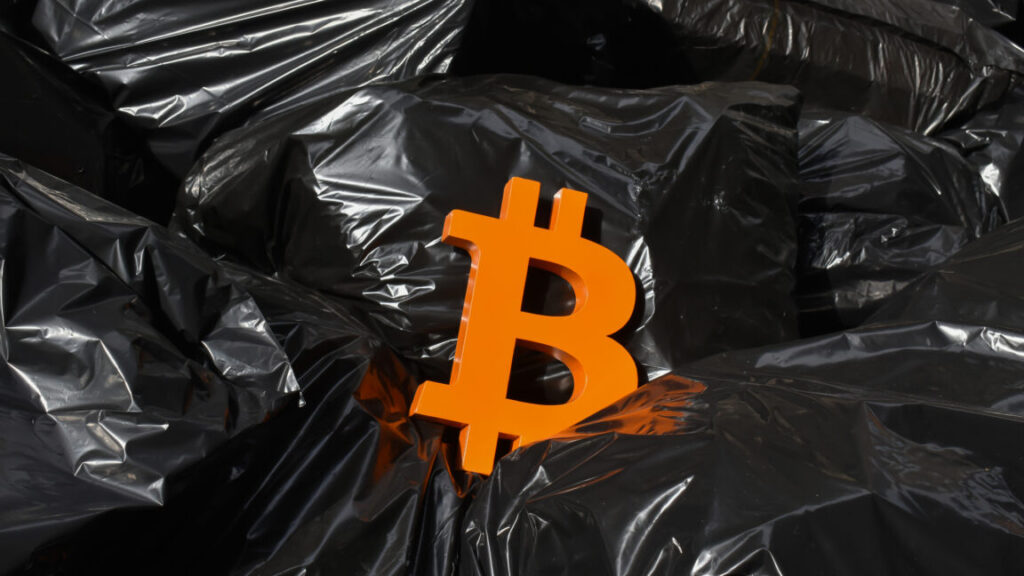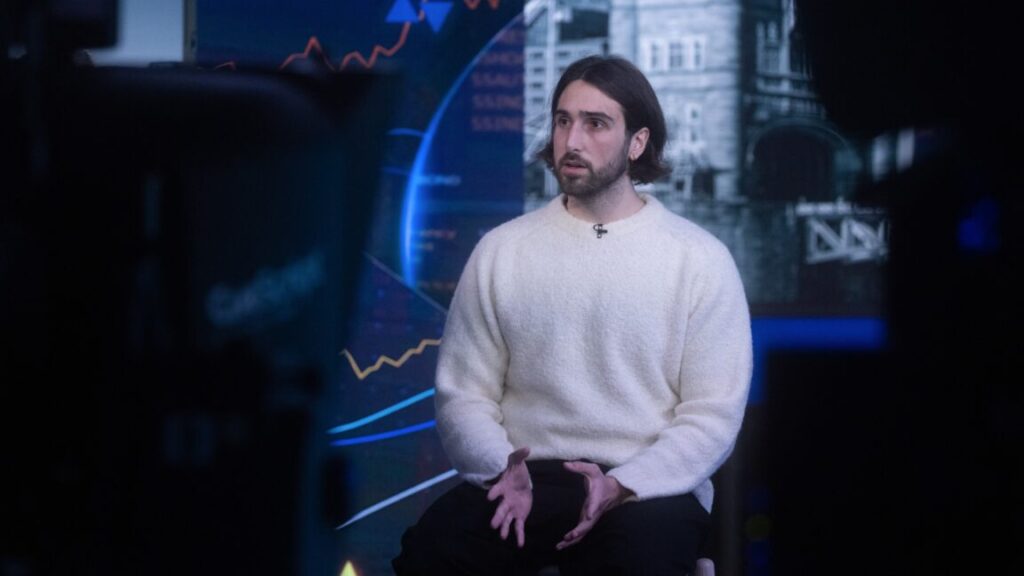Trump order declares independent US agencies aren’t independent anymore
The White House fact sheet said the goal of this provision is to ensure that the president and attorney general “interpret the law for the executive branch, instead of having separate agencies adopt conflicting interpretations.”
John Bergmayer, legal director of consumer advocacy group Public Knowledge, said Trump’s order is based on a “unitary executive” theory that “has made its way from the fringes of academia to the halls of power.”
“In this latest Executive Order, the Trump regime purports to seize for itself the power Congress delegated to independent regulatory agencies, and as written, declares the White House’s interpretation of the law as ‘authoritative,’ with no mention of the courts,” Bergmayer said. “Of course, the president is not, and never has been, the final arbiter of what is lawful. Lawyers working for the government owe their allegiance to the American people, not to President Donald J. Trump.”
Trump’s OMB director, Russell Vought, told Tucker Carlson in a recent interview that “there are no independent agencies. Congress may have viewed them as such—SEC or the FCC, CFPB, the whole alphabet soup—but that is not something that the Constitution understands. So there may be different strategies with each one of them about how you dismantle them, but as an administration, the whole notion of an independent agency should be thrown out.”
Extending Trump’s grip
Although the president nominates commissioners and appoints chairs at agencies like the FCC, independent agencies are supposed to make their own decisions. A 2023 report by the Congressional Research Service said an independent agency is “a freestanding executive branch organization that is not part of any department or other agency,” and which has “greater autonomy from the President’s leadership and insulation from partisan politics than is typical of executive branch agencies.”
Other independent agencies include the National Labor Relations Board and Consumer Financial Protection Bureau, the report said. Laws approved by Congress specify the authority of independent agencies along with the agencies’ “goals, principles, missions, and mandates,” the report said.
Trump order declares independent US agencies aren’t independent anymore Read More »



